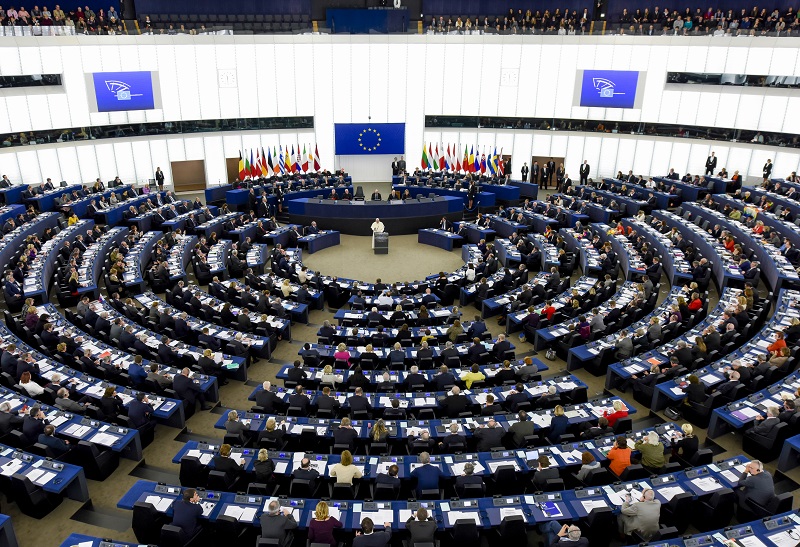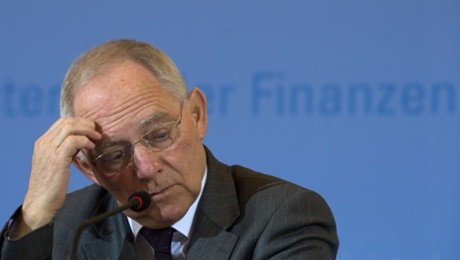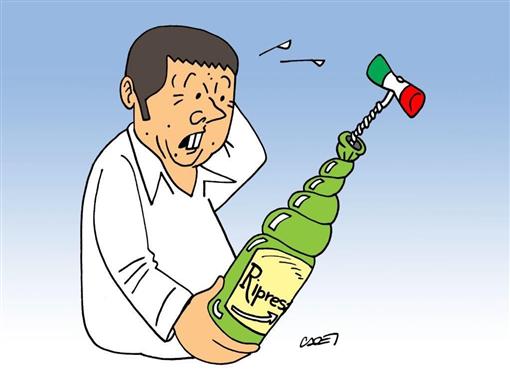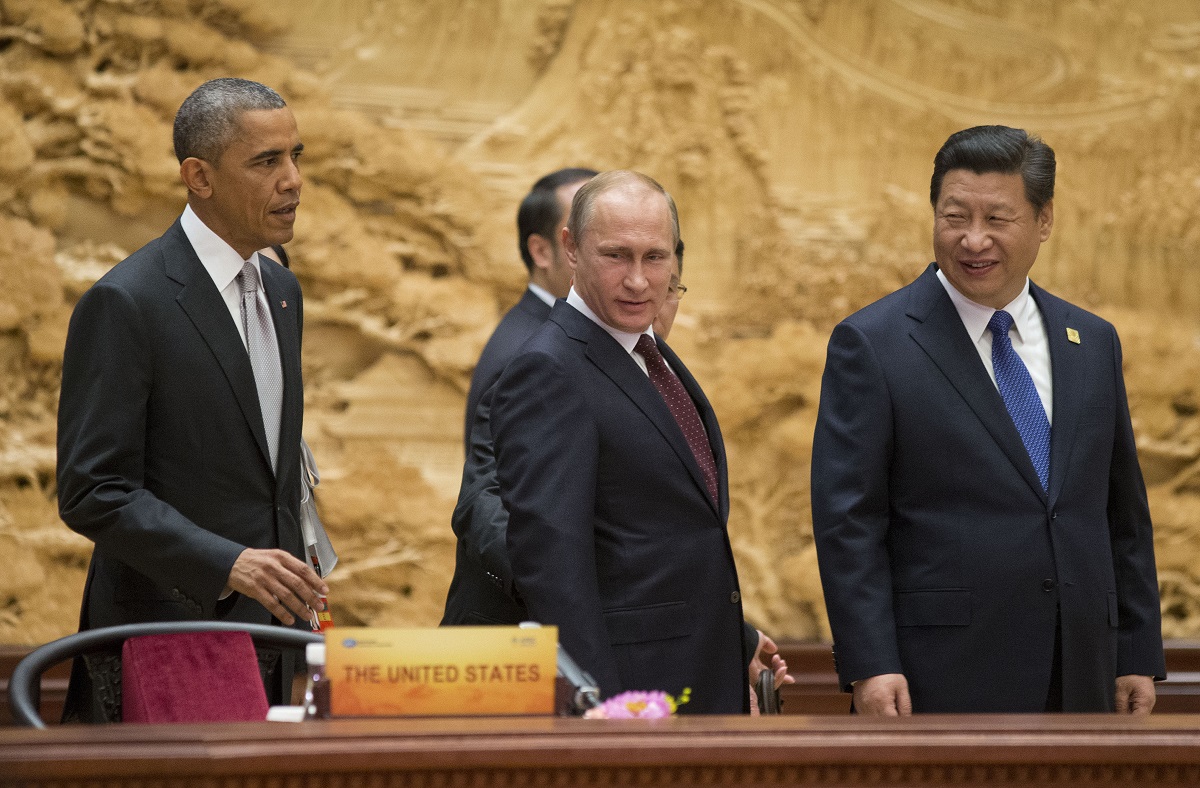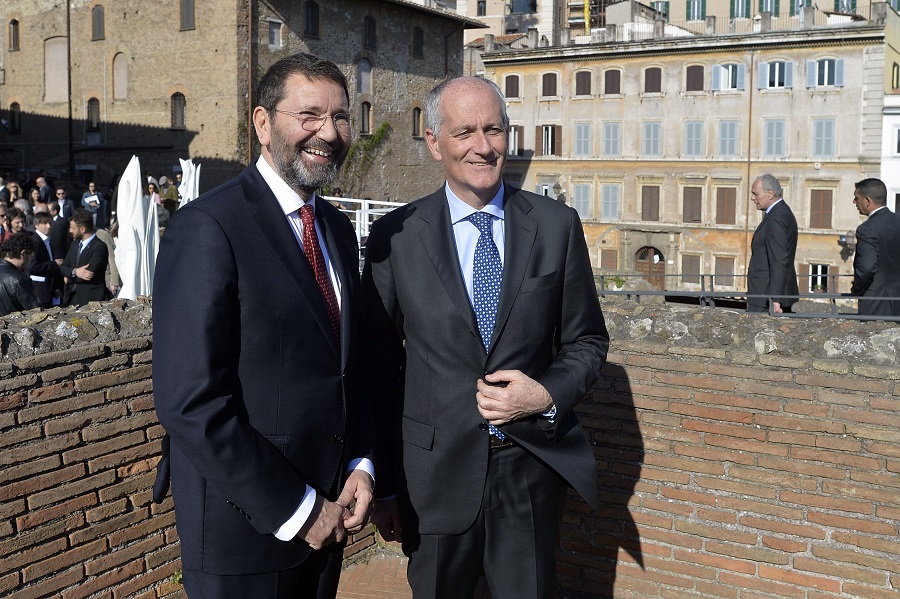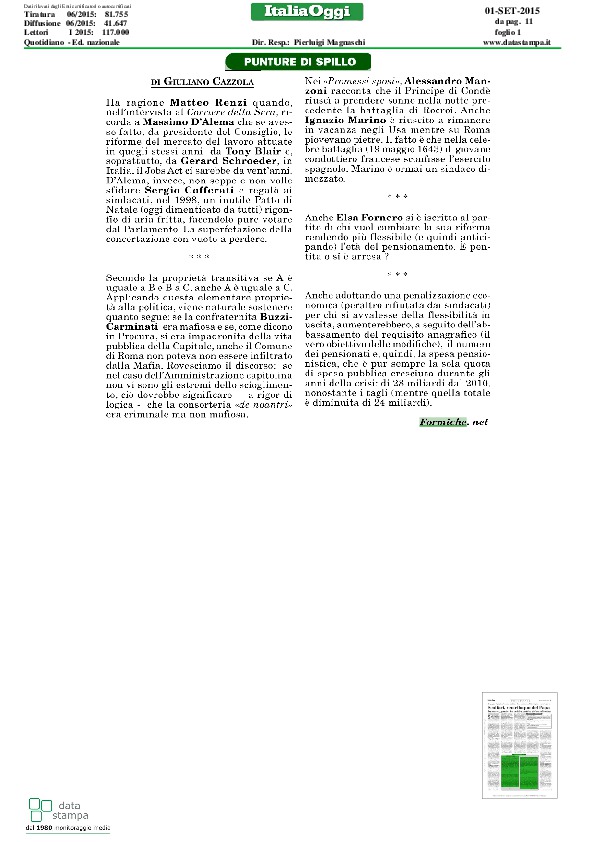L’Unione Interparlamentare (UIP - organizzazione internazionale che riunisce i rappresentanti dei parlamenti del mondo eletti democraticamente) ha di recente compilato una classifica dei paesi che hanno nei loro parlamenti (Camere basse) il maggior numero di donne. La classifica documenta la presenza femminile anche nei seggi delle Camere alte. Questo dato non consente una comparazione completa, poiché alcuni paesi non hanno…
Archivi
Come proliferano piazzisti e incendiari sull'immigrazione
È facile ‘’fare televisione’’ così. Basta mandare degli inviati in qualche amena località della provincia profonda italiota e/o nelle squinternate periferie di una grande città, raccogliere intorno alle videocamere un gruppo di cittadini (preoccupati e disorientati per le conseguenze delle migrazioni epocali che accadono sotto i loro occhi e che, magari, creano, al loro tran tran quotidiano, parecchi reali problemi),…
Innovazione e agricoltura, la storia italiana a Expo 2015
Il 2 settembre a Milano presso l’Auditorium del Padiglione Italia di Expo2015 si svolgerà il convegno ‘Esperienze Italiane per l'Innovazione in Agricoltura: attualità del contributo di Gian Tommaso Scarascia Mugnozza’. L'evento, promosso dall’Accademia Nazionale delle Scienze in collaborazione con l’Università degli Studi della Tuscia e con il Consiglio Nazionale delle Ricerche, ha l’obiettivo di mostrare il contributo della ricerca scientifica agraria…
Così la Marina soccorre un barcone a largo della Libia. Il video
#UltimOra #SAR Video dei soccorsi di nave Fulgosi #MarinaMilitare https://t.co/WoIhqwuU7Y pic.twitter.com/FUe0mENkJJ— Marina Militare (@ItalianNavy) 1 Settembre 2015 109 migranti sono stati salvati questa mattina dal pattugliatore d'altura Cigala Fulgosi della Marina militare. La chiamata è arrivata alla centrale di Roma direttamente dal gommone poco prima delle 5, e subito è stato informato l'equipaggio del Cigala che si trova a circa 30…
A Palagonia è stato ferito il cuore dell'Italia
Questo commento è stato pubblicato oggi su L'Arena di Verona, Il Giornale di Vicenza e Bresciaoggi. Da noi, si sa, finisce sempre tutto in politica, e perciò in rissa. Ma il fatto è più forte di qualunque polemica, drammatico e innegabile come si presenta: un diciottenne proveniente dalla Costa d’Avorio e accolto con tutto il calore della Sicilia come profugo,…
La Germania di Schäuble e l'Italia di Renzi
Indovinate chi ha scritto: "La mia prima motivazione circa la necessità di un'unificazione europea [...] è che essa rappresenta il tentativo che ha fatto i maggiori progressi riguardo alle strutture di governo e ai nuovi ordinamenti che anche il mondo globalizzato dovrebbe realizzare. Dunque, queste nuove strutture di governo e questi nuovi ordinamenti europei costituiscono anche un contributo a quella…
Come sta davvero l'economia italiana. Report Intesa Sanpaolo
Hanno sorpreso al rialzo i dati preliminari sull’inflazione relativi al mese di agosto: i prezzi al consumo sono aumentati di +0,2% m/m secondo l’indice nazionale e sono rimasti stabili in base all’armonizzato Ue. L’inflazione annua è invariata a +0,2% secondo il NIC ed è salita a +0,5% da +0,3% in base all’IAPC (si tratta in questo caso di un massimo…
Così i cyber eserciti di Cina e Russia minacciano gli agenti segreti di Washington
Una rete di ingegneri e scienziati americani che forniscono assistenza tecnica agli agenti sotto copertura all'estero sarebbe stata compromessa, stando alle dichiarazioni rilasciate ieri da ufficiali governativi americani. CHI SPULCIA I DATI I servizi di spionaggio stranieri - spiega il Los Angeles Times - in particolare in Cina e Russia, starebbero ora aggregando e incrociando le banche dati informatiche americane recentemente hackerate.…
Roma, Vaticano, Parlamento. Come impazza il gioco del bastone e della carota
Nell’esordio come tutore, controllore, sostanziale commissario di Ignazio Marino, chiamatelo come volete, il prefetto Franco Gabrielli ha usato il bastone e la carota parlando del sindaco di Roma. Ma il bastone è stato nodoso, la carota alquanto farlocca. Il bastone è stato nodoso quando Gabrielli ha ricordato di avere il potere di sciogliere il Comune della Capitale in ogni momento, se…




